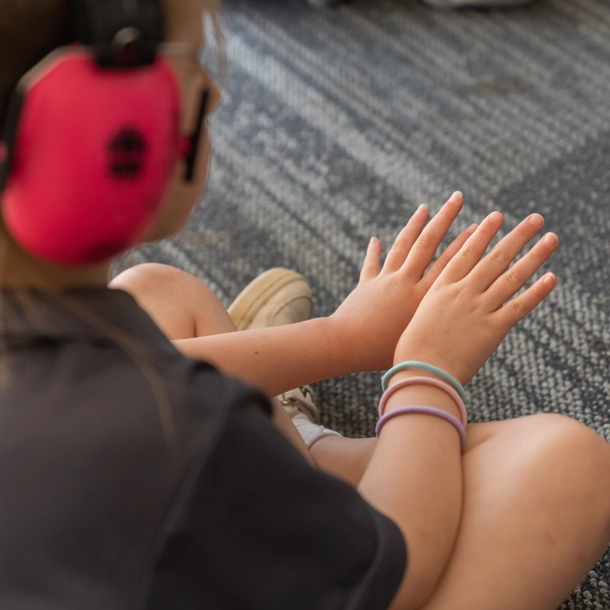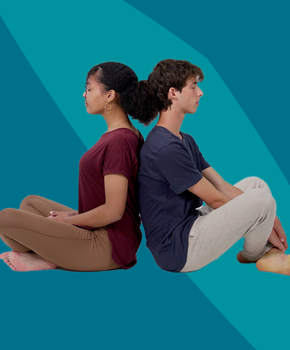Interoception and self-regulation
Supporting social-emotional skills
Our bodies send us signals all the time through physical changes like our heartbeat slowing down or speeding up, our muscles tensing and our breath changing. These changing signals help us to recognise how we are a feeling, such as happy, anxious, hungry or hot. Tuning into and understanding these internal signals is called interoception. Good interoceptive awareness can help children notice big emotions building up before they become overwhelming.
Building interoception skills can support children and young people to:
- self-regulate their emotions and feelings,
- be calm and engage with learning,
- have positive wellbeing and
- improve their academic performance.

Resources
Get ready to learn

Brain break bops

Professional learning
Interoception and self-regulation: Professional learning course
This free online course is suitable for primary and secondary educators with an interest in supporting children and young people with emotional self-regulation, mental health and wellbeing, and social and emotional skills.
Supporting self-regulation skills in the classroom: Webinar recording
This webinar explores how building interoception skills can help children and young people to self-regulate their emotions and feelings, be calm and engage with learning, have positive wellbeing and improve their academic performance.
